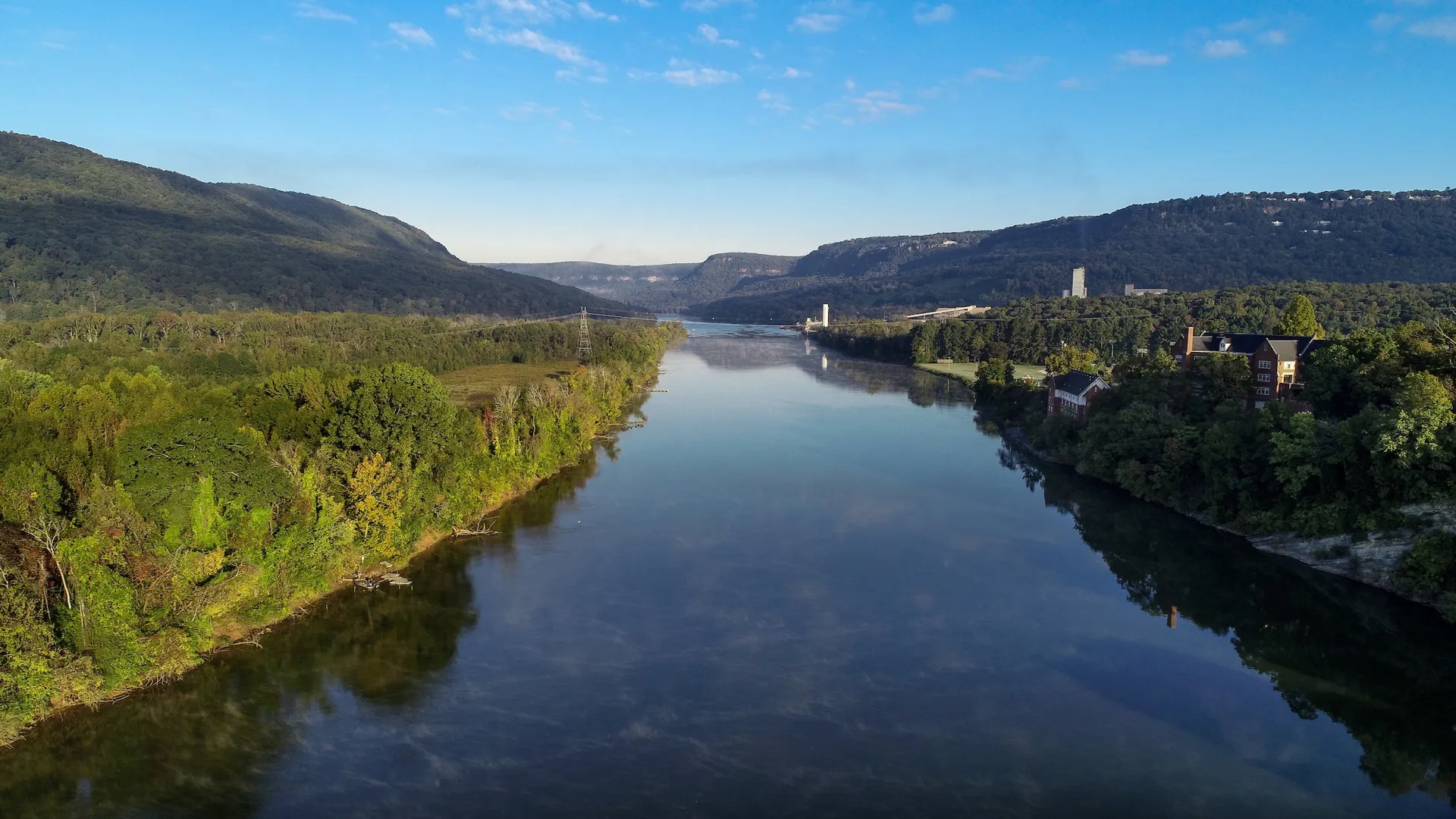With spring finally here and boating season just over the horizon, Tennesseans are ready to take to the state’s waterways to fish, ski and wakeboard in earnest. With an estimated 100 million Americans boating each year, according to the National Marine Manufacturers Association, it’s incumbent upon boat owners and operators to ensure their fun on the water has a minimal impact on the delicate ecosystem of our rivers and streams.
For World Water Day (March 22), we’re exploring some helpful tips and responsible boating practices that can help boaters minimize their environmental impact and maximize their enjoyment on the water. From routine inspections to proper waste disposal, these simple tips can help preserve our rivers and streams for generations to come and keep our water safe for drinking and recreation.
Fuel or oil spills can have a significant impact on our waterways, harming wildlife and contaminating our drinking water supply. According to the Environmental Protection Agency, one pint of oil can create a slick covering an acre of the water’s surface. So even though a small spill from an outboard engine might seem insignificant, its effect can be substantial, especially when multiplied by hundreds or thousands of other small spills from other boats.
Keeping pollutants like these out of our waterways begins with preventive maintenance. A properly maintained engine serviced at regular intervals reduces the potential for leaks. Keeping your engine shipshape also improves fuel efficiency, saving boaters money in the long run.
- When performing oil changes, use an oil change pump – or better yet, perform maintenance on dry land, where unanticipated spills won’t go directly into the water.
- Properly secure the used oil filter in a leak-proof container and recycle used oil.
- The Tennessee Department of Environment & Conservation (TDEC) Household Used Oil Program explainer page offers additional collection, storage and disposal tips, as well as a statewide map of Automotive Fluid Collection Centers.
- When refueling your vessel, turn off your bilge pump. Fill fuel tanks carefully and use absorbent pads or rags to catch drips and spills.
- Don’t top off your tank. Instead, allow room for fuel to expand when the engine reaches its operating temperature to help avoid overflows.
- Oil or fuel can accumulate with water in the bottom of your boat, where it gets pumped into the surrounding river by the bilge pump. Consider using an oil-absorbent pad in your bilge and an oil tray or drip pan under the engine. Dispose of oil-soaked pads properly at appropriate hazardous waste collection centers.
- Notify your marina of any fuel spills, and contact the U.S. Coast Guard National Response Center to report a spill at epa.gov/emergency-response/national-response-center.
Boaters also can help keep waterways clean by properly disposing of other trash while out on the water. Bag everyday waste for disposal at the marina (don’t forget to separate recyclables like plastics or aluminum!), and dispose of household hazardous waste like paint, antifreeze or cleaning products at collection centers to keep harmful chemicals out of the water. Learn more at TDEC’s Household Hazardous Waste Program site.
Tennessee’s natural spaces are among our state’s most precious resources, and it’s our responsibility to safeguard the pristine beauty of our waterways. The cumulative impact of even small pollutants can be staggering. By embracing simple and effective practices, we can reduce the risk of harmful spills and ensure our rivers remain safe for recreation and wildlife for generations to come.
Learn more tips for environmentally-friendly boating from Yamaha Rightwaters here: yamahaboats.com/yamaha-rightwaters/product-responsibility/.
